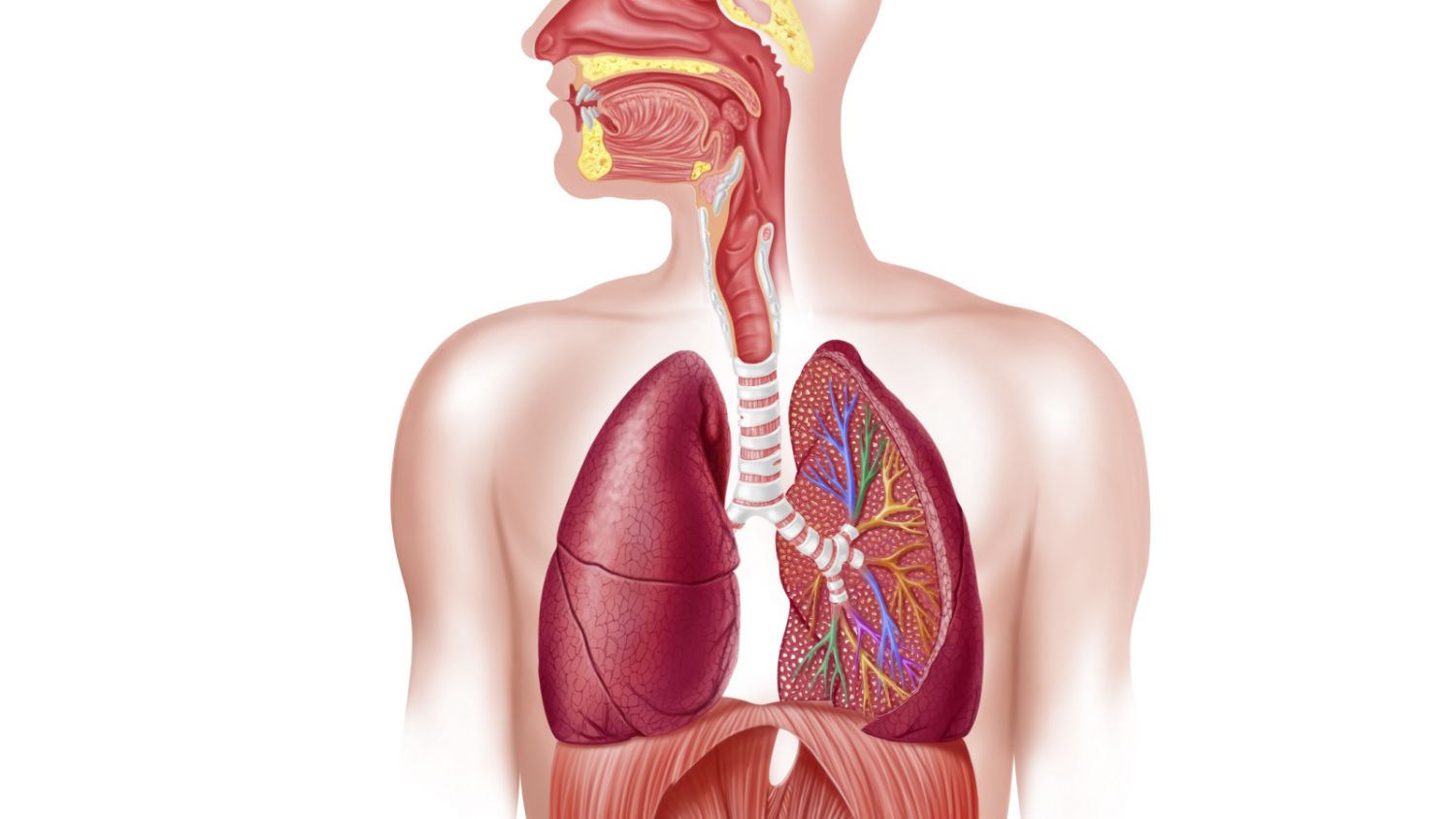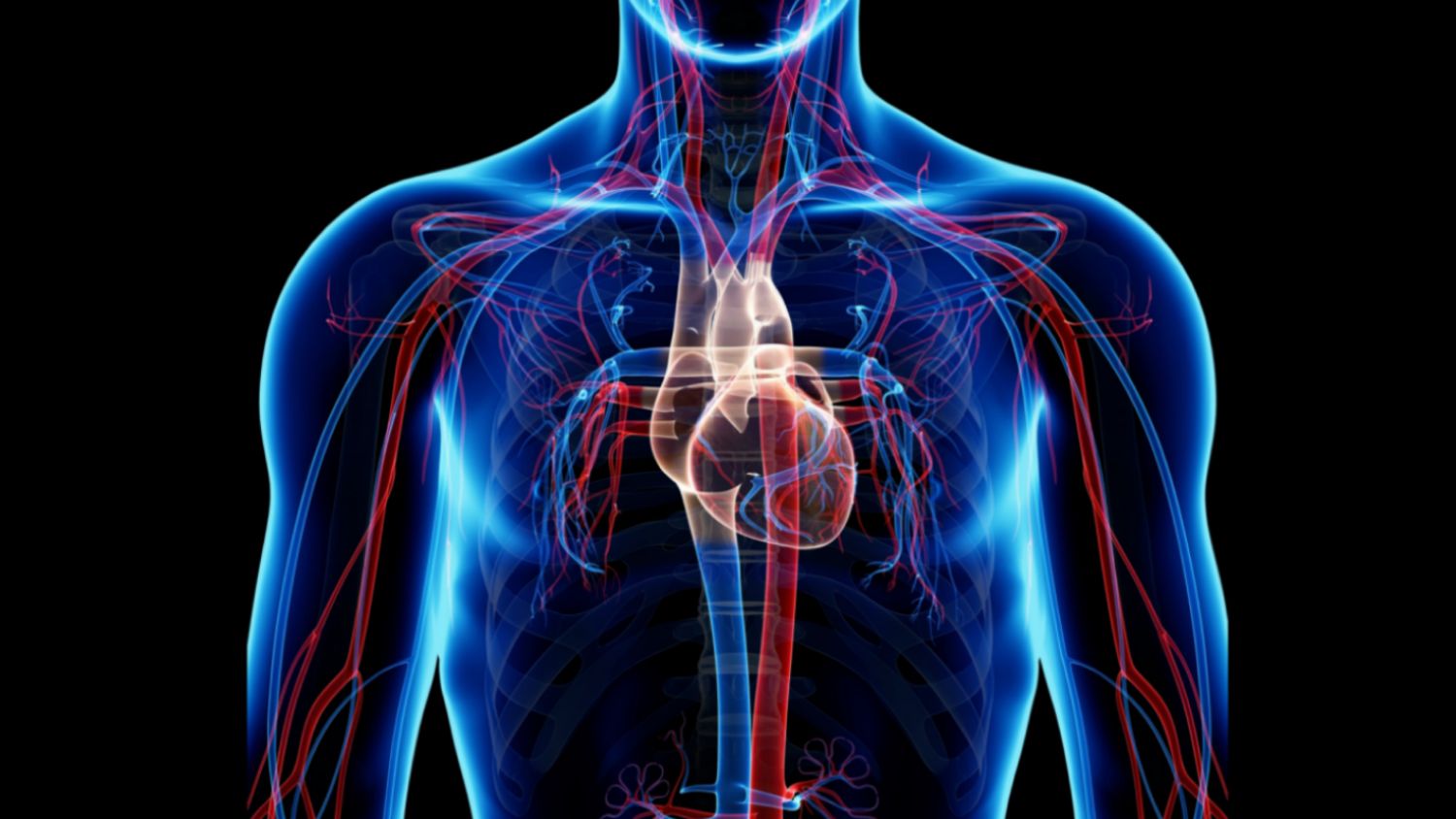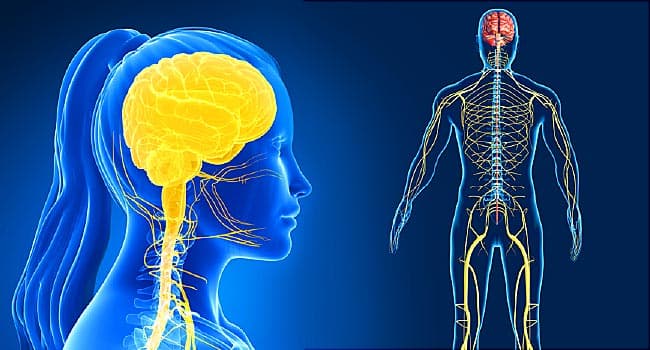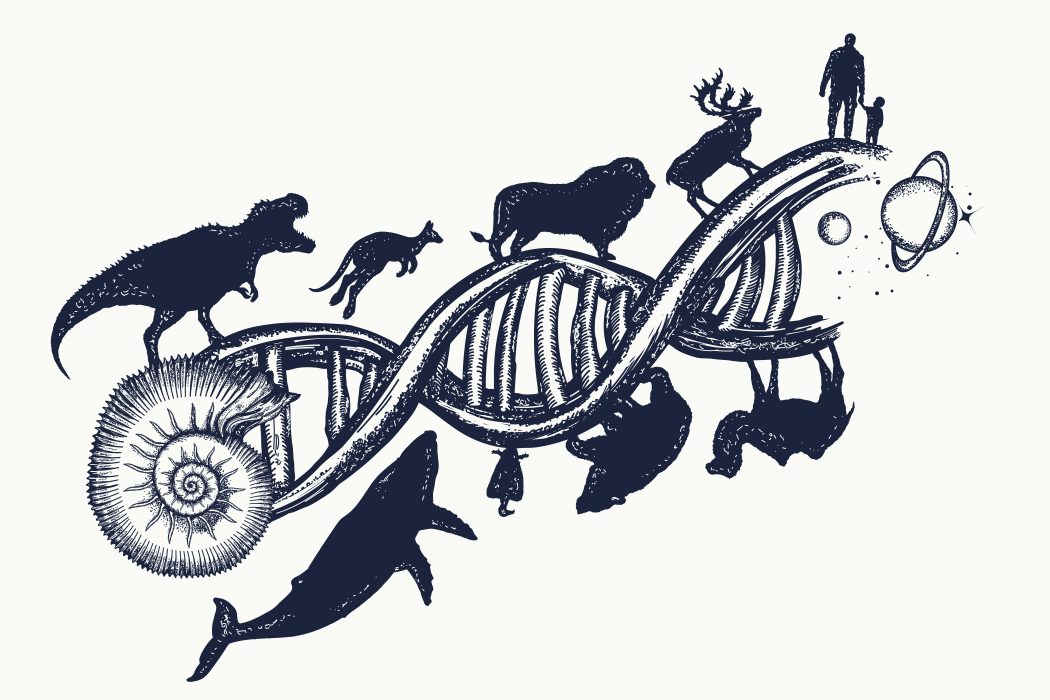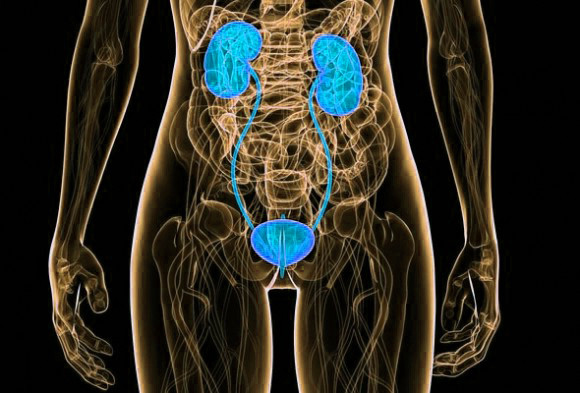The job of your respiratory system is very simple: To bring oxygen into your body, and remove the carbon dioxide from your body. Your body needs oxygen to survive.
Oxygen is used by your cells as it performs the functions of life. As your body uses oxygen, your cells produce another gas known as carbon dioxide. Too much carbon dioxide can be toxic, even deadly. For this reason, it is important that your body have a way to get rid of it.
Carbon Dioxide
The main organs in your respiratory system are your lungs. Your lungs are in their simplest form nothing more than sacs. As you breath in, you fill these sacs with fresh oxygen-rich air. Your heart pumps blood into the walls of your lungs where it absorbs oxygen and releases carbon dioxide. As you exhale, or breathe out, you release the carbon dioxide-rich air into the space around you. Each breath you take, you are taking oxygen in, and putting carbon dioxide out.
From your lungs, blood returns back into your heart where it is pumped out to the rest of your body, carrying oxygen along with it.
How Does Breathing Work?
How do you breath? Take a deep breath. Feel the air rushing in? How does it feel? Cool? Crisp? Now blow out. Do you feel the warm air blowing over your lips? As you breath in, a special organ called a diaphragm pulls your lungs down, making them bigger. This causes air to rush into your lungs. Think about this for a moment.
Imagine you are taking a bath. Sitting on the side of the tub is an empty shampoo bottle. What happens if you squeeze the shampoo bottle, and then stick it under water? Nothing right? But now suppose that you let go of the side of the bottle, keeping it under water. As the sides of the bottle expand, the shampoo bottle fills with water.
As your lungs expand, they fill with air. If you were to again squeeze the bottle what would happen? The water would squirt out, wouldn’tS it. When your diaphragm again squeezes you’re the bottom side of your lungs, air is forced out of them.
To Breath, Or Not To Breath
Breathing is both voluntary and involuntary
How long can you hold your breath? 10 seconds? 30 seconds? 400 years? Breathing is both voluntary, and involuntary. This means that you can control it if you want to. However, just in case you forget, your brain will take over, and breath for you, allowing you to concentrate on other things. If you hold your breath for too long, your brain will kick in, and force you to breath.
If your body cannot breath, your cells will not get the oxygen they need. If this happens, your cells will quickly begin to die. Within only a few minutes from the time that you are not able to get breath, your body will die. That is how important breathing is.
